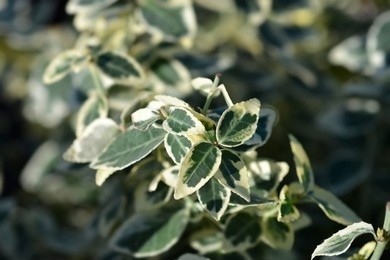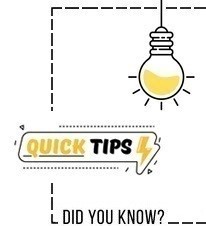Euonymus Plant Tissue Culture
Euonymus plants belong to the family Celastraceae and are deciduous or evergreen shrubs or small trees. There are about 850 species in the whole genus, which are rich in variety and resources and are important resources for phytopharmaceutical research and development. It is mainly distributed in subtropical and temperate regions, with only a few species extending northward to the cold temperate zone.

Euonymus plants are highly resistant to cold, salt, harmful gases, and other adversities. At the same time, the roots and bark of this genus contain a variety of medicinal ingredients, insecticidal active ingredients, hard rubber resources, and the seeds contain 30%-50% of oil, which have great potential for development.
- Medicinal and health value
- Industrial application value
-
Ornamental and ecological value
Tissue culture service
In Euonymus plant tissue culture, Lifeasible usually uses leaves, stem segments with axillary buds, and seed embryos as explants, and has established a complete system of in vitro regeneration. The system can be divided into guava tissue induction, stem segment culture, and embryo culture according to the exosome and culture route.
- Seed germination and seed embryo induction pathway
- Healing tissue induction and differentiation
- Young stem segment induction
- Induction of indeterminate buds
- Rooting culture
Some of the Celastraceae plants that we have successfully tissue cultured
| Family |
Genus |
Species |
| Celastraceae |
Euonymus |
Euonymus bungeanus
Euonymus kiautschovicus
Euonymus fortunei
Euonymus fortunei var. radicans
Euonymus maackii
Euonymus carnosus
Euonymus alatus compacta
Euonymus distichus |
| Celastrus |
Celastrus scandens
Celastrus orbiculatus |
| Tripterygium |
Tripterygium wilfordii |
* The list of species that can be tissue cultured is constantly being updated, so please stay tuned.
Euonymus plants are rich in quinone and phenolic components, which accumulate and spread during the tissue culture process, damaging the explants and seriously affecting the establishment of the fast-breeding system. The time of taking the explant, the site of taking the explant, the disinfectant used, the physiological state, the culture conditions, and the degree of injury influence the browning mouth. Therefore, Lifeasible reduces browning by selecting a suitable medium, suitable explant, adding anti-browning agents such as activated carbon, continuous transfer of explants, and pretreatment of test materials.
Lifeasible selects the appropriate disinfection reagents for different times and concentrations according to the type of explant material, cleanliness, growth environment, and growth period, which is the key to the establishment of the Euonymus plant in vitro fast propagation technology system.
You want to sign a confidentiality agreement.
You have a specific plant species for your experimental needs.
You have a reliable and relevant cooperation project to discuss.
You are very interested in our project or have any questions.
You need an updated and detailed quotation.
For research or industrial use.



